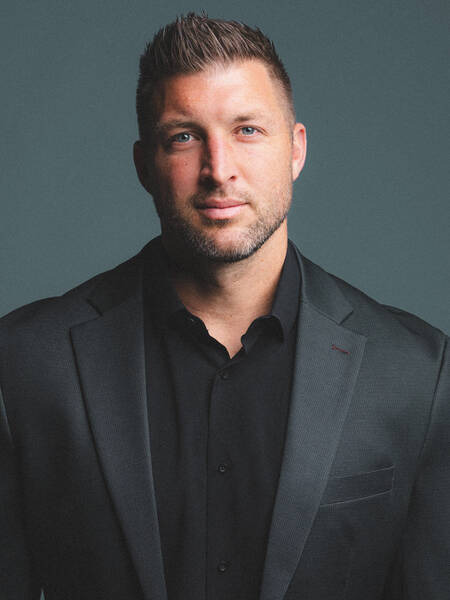Stand Up & Speak Up in 2010
The following article about Andy Andrews is titled "Stand Up, Speak Up and Step Up in 2010" by Gary Palmer:
At the start of each year, people make resolutions or set goals. Here is a suggestion for a resolution for 2010 … do something that will make a difference. It is easier than you think and the impact you can have could be greater than you have ever imagined.
I got this idea from a book entitled “The Butterfly Effect” by Alabama native and international best-selling author Andy Andrews. The book’s name is based on the theory, developed by American mathematician and meteorologist Edward Lorenz, that a butterfly could flap its wings and set molecules of air in motion, which would move other molecules of air that in turn would move other molecules of air. This movement of air molecules causing the movement of other molecules of air would become so great that they would eventually be capable of starting a hurricane on the other side of the planet. This phenomenon was called “the butterfly effect.”
Other scientists concluded that the butterfly effect was viable and it was classified as a new law of physics known as The Law of Sensitive Dependence Upon Initial Conditions. Lorenz had discovered that small changes in initial conditions produced large changes in the long-term outcome. In other words, seemingly inconsequential actions can set in motion other small actions that will eventually multiply into something monumental.
Lorenz was studying weather forecasting when he discovered the butterfly effect and he proved that it is impossible to accurately predict weather for more than a week at a time since the effect of even slight variations produce such substantial changes in long-term outcomes.
What happens when you apply this law to areas? The Butterfly Effect can also apply to people in that the seemingly inconsequential actions of ordinary people can eventually affect so many other people that it can change a culture and literally change history.
That is the whole point of Andrews’ book. He wrote, “Science has shown the butterfly effect to engage with the first movement of any form of matter—including people.” Andrews illustrates this point by telling how the actions of two ordinary, inconsequential people affected the world so profoundly that literally billions of lives have been impacted for good. You can read the book to find out who these two people are and what they did.
We all have the ability to influence change or affect events. In some cases, we may never know the impact we have because the result of our actions may not show up until years after we have gone. The important lesson of “The Butterfly Effect” is that every individual has the ability to impact another individual and that individual has the ability to impact someone else and … you get the picture. History is full of examples of world-changing events in which great issues were decided and great challenges overcome, but usually we only see the big events and the great leaders. Rarely do we see the small beginnings that led to the events we study.
Although we may get the picture, the question is … do we get the message? The message is that we shouldn’t disparage small beginnings because great movements often begin small, often with people no one has ever heard of who simply decided to get up and do something. History is full of examples of ordinary people who made a difference.
This concept of the butterfly effect should be applied to the political situation we now face in America. Too many people believe America is beyond saving, but those people could not be more wrong. We need ordinary people willing to stand up, speak up and step up to do something that will make a difference.
For example, the “tea parties” held across America in April 2009 formed the basis for September 12th when an estimated one million people gathered in D.C. to speak out against government-run healthcare, the unsustainable deficit spending and other punitive, economy-killing policies pushed by liberals in both political parties. It was the largest march in Washington, D.C. since the Vietnam era.
This movement, which is part of what The Weekly Standard Senior Editor Fred Barnes calls “an emerging conservative majority,” arose from outside the normal political structure. All over the nation, new conservative grassroots groups have emerged made up of people who have never before been involved in politics. It began because someone said something to someone else who spoke to their circle of influence and what started out as a comment is now a movement.
Andrews writes that, “Every single thing you do matters.” He says that each individual has been created as one of a kind, “… there has never been one like you … and there never will be again.” But most significantly, none of us are static creations to be isolated and uninvolved. He writes that each of us have been created so that we might make a difference; our lives and what we do with them on a daily basis, really do matter.
What we say, what we do, and how we live our lives can be the equivalent of a political butterfly’s wing moving the molecules of history. What an awesome concept.









